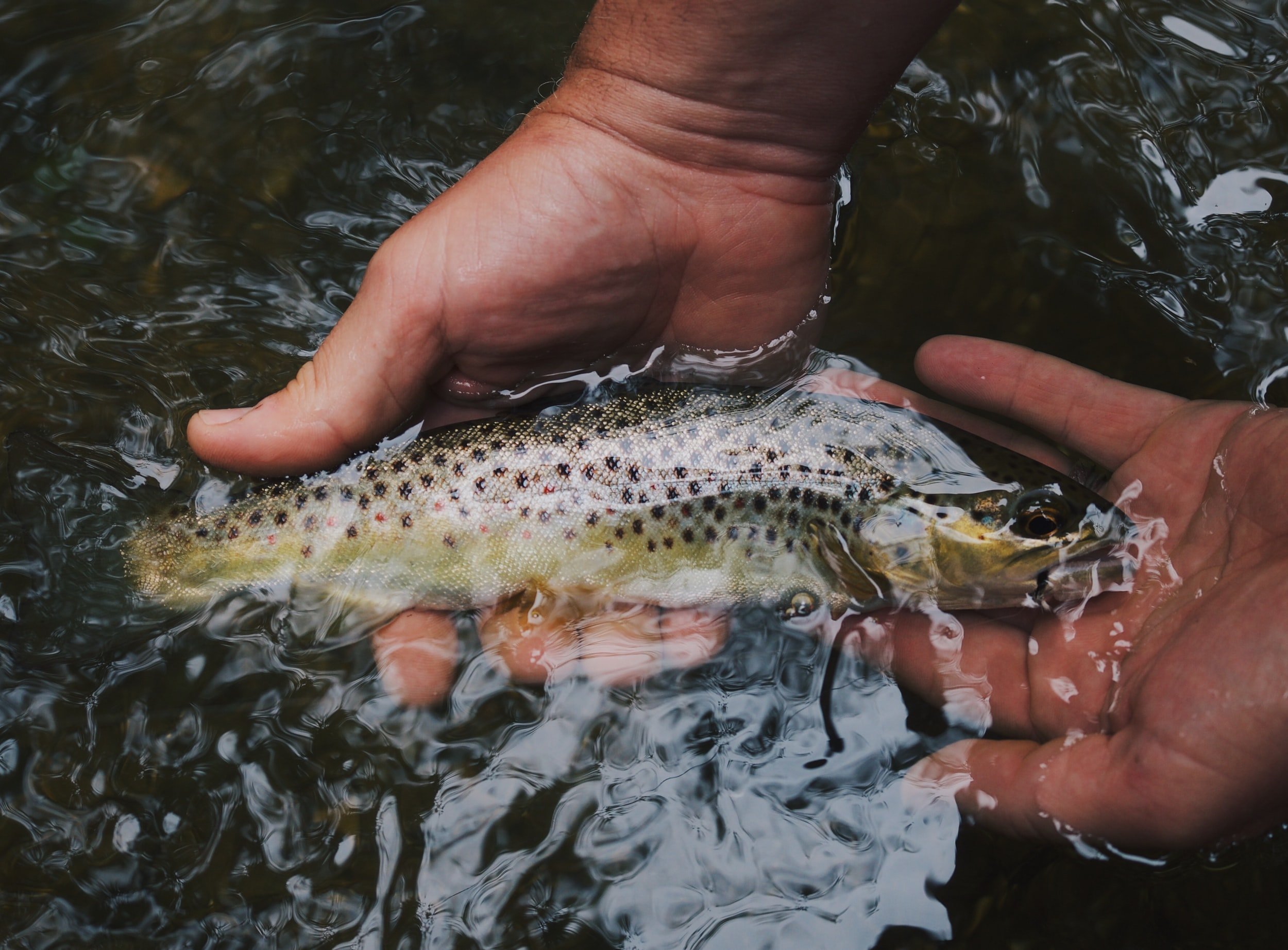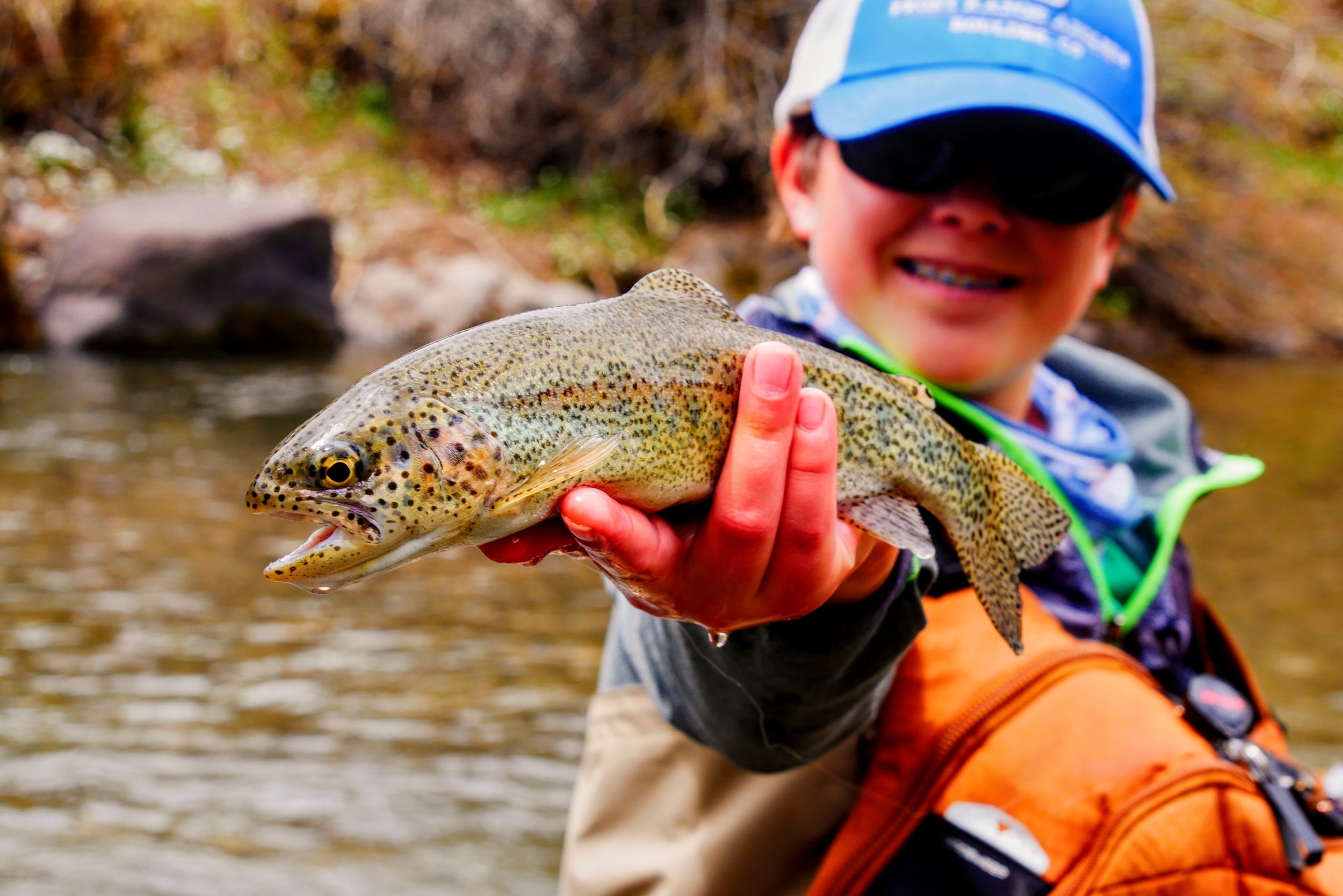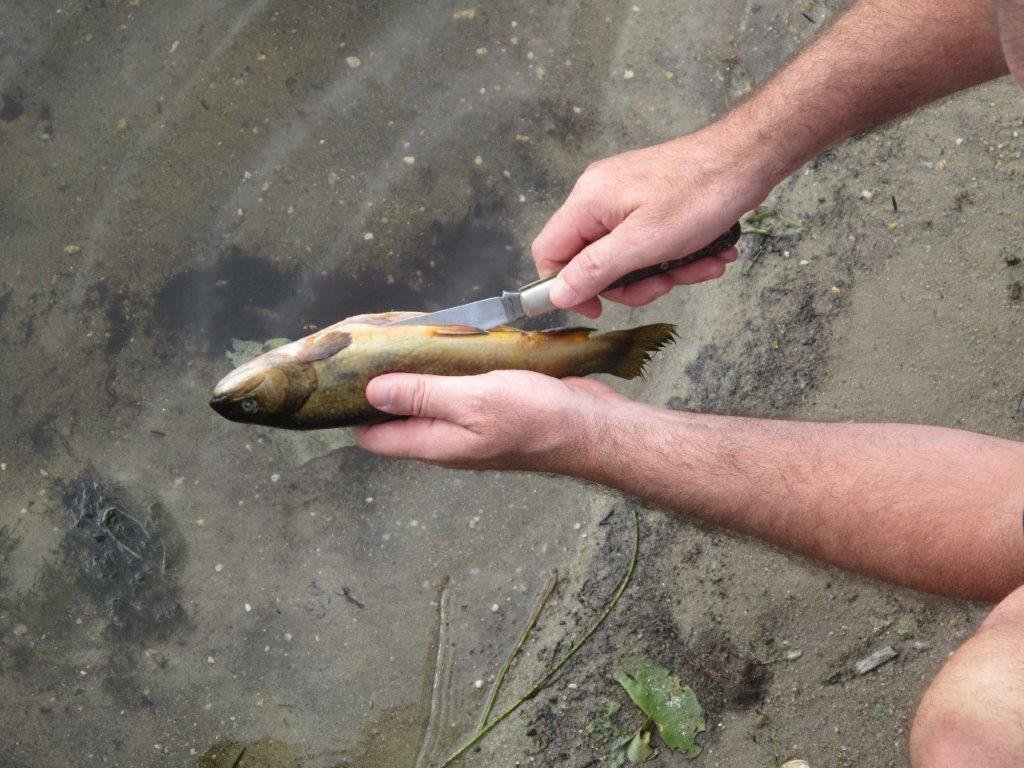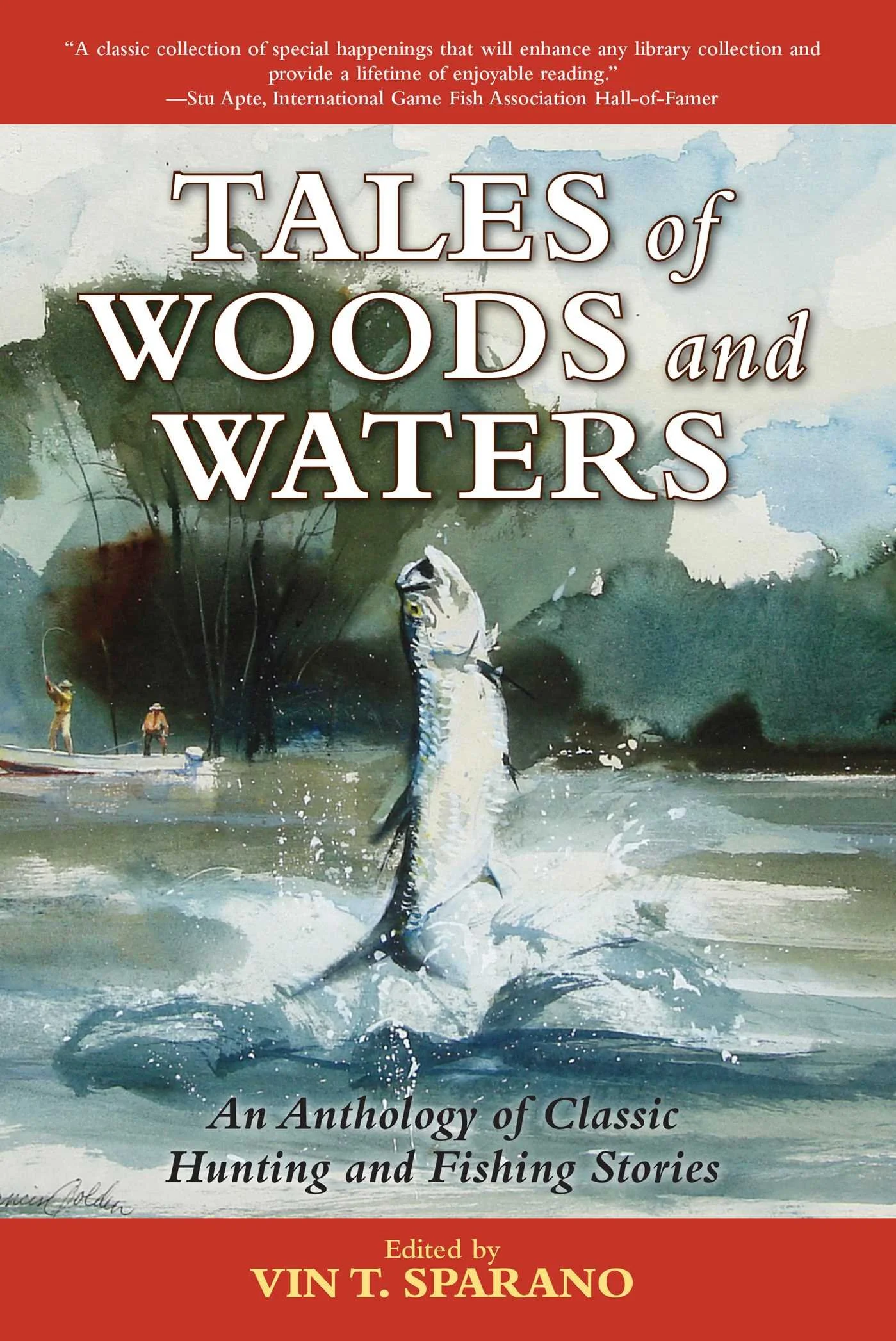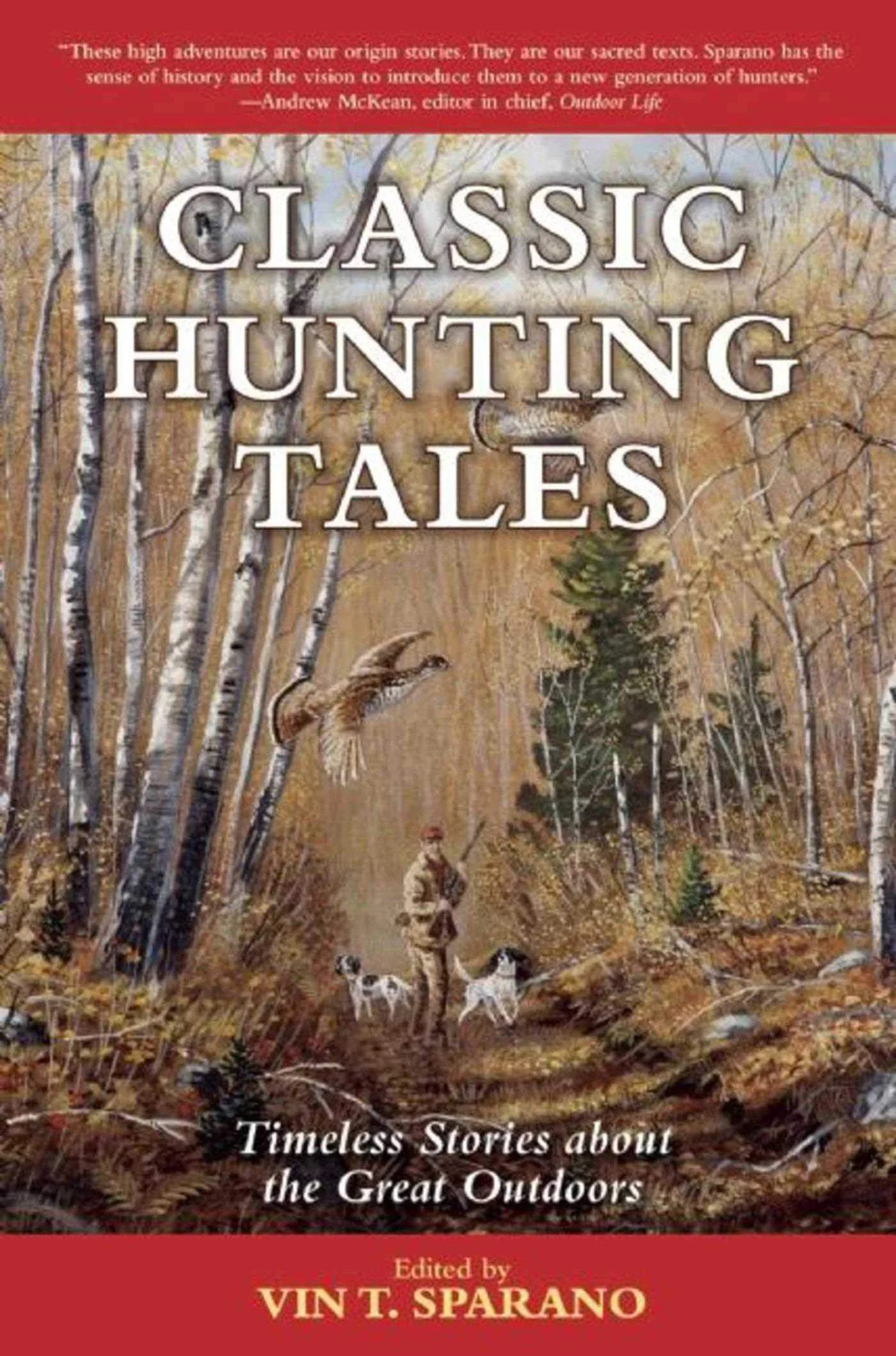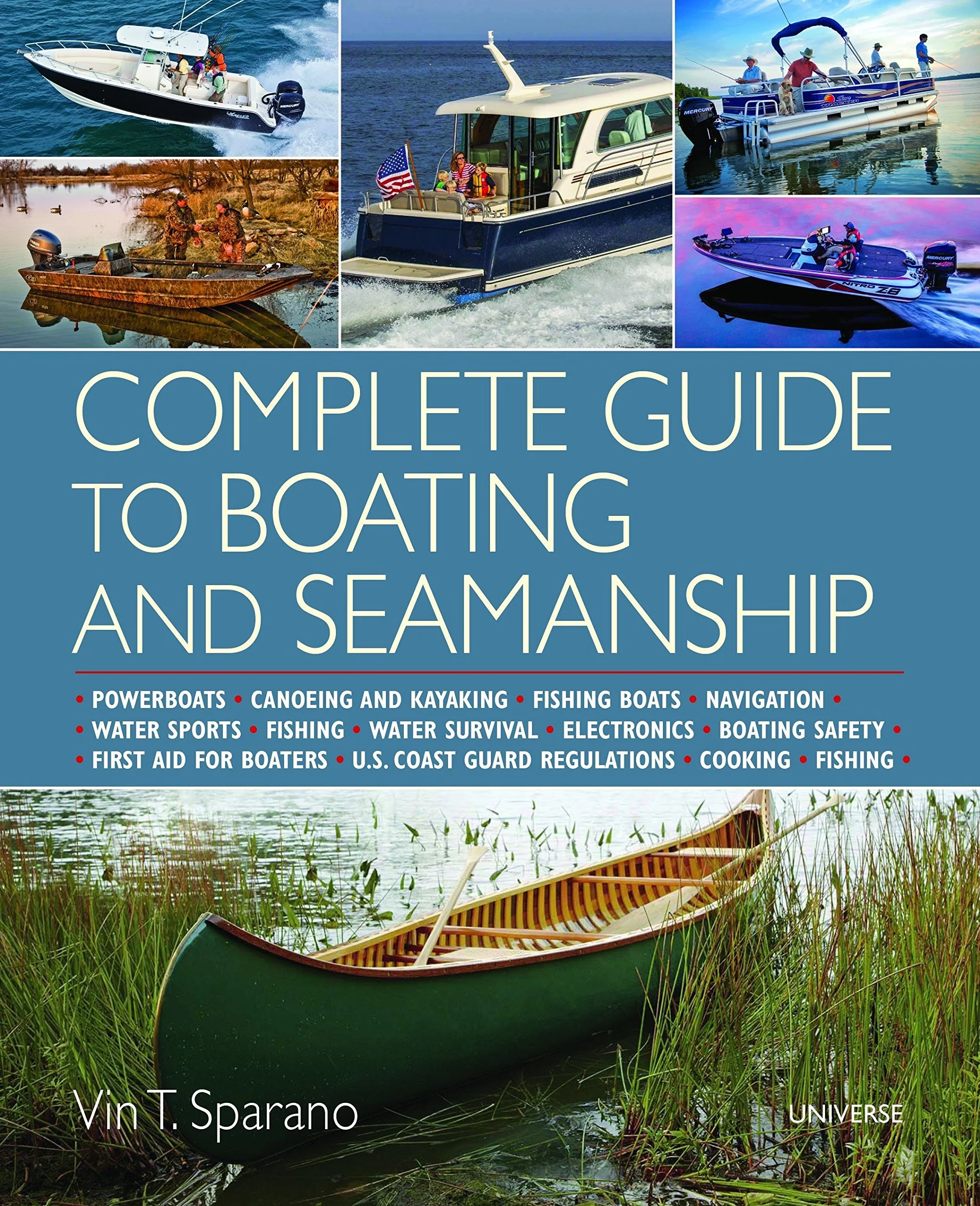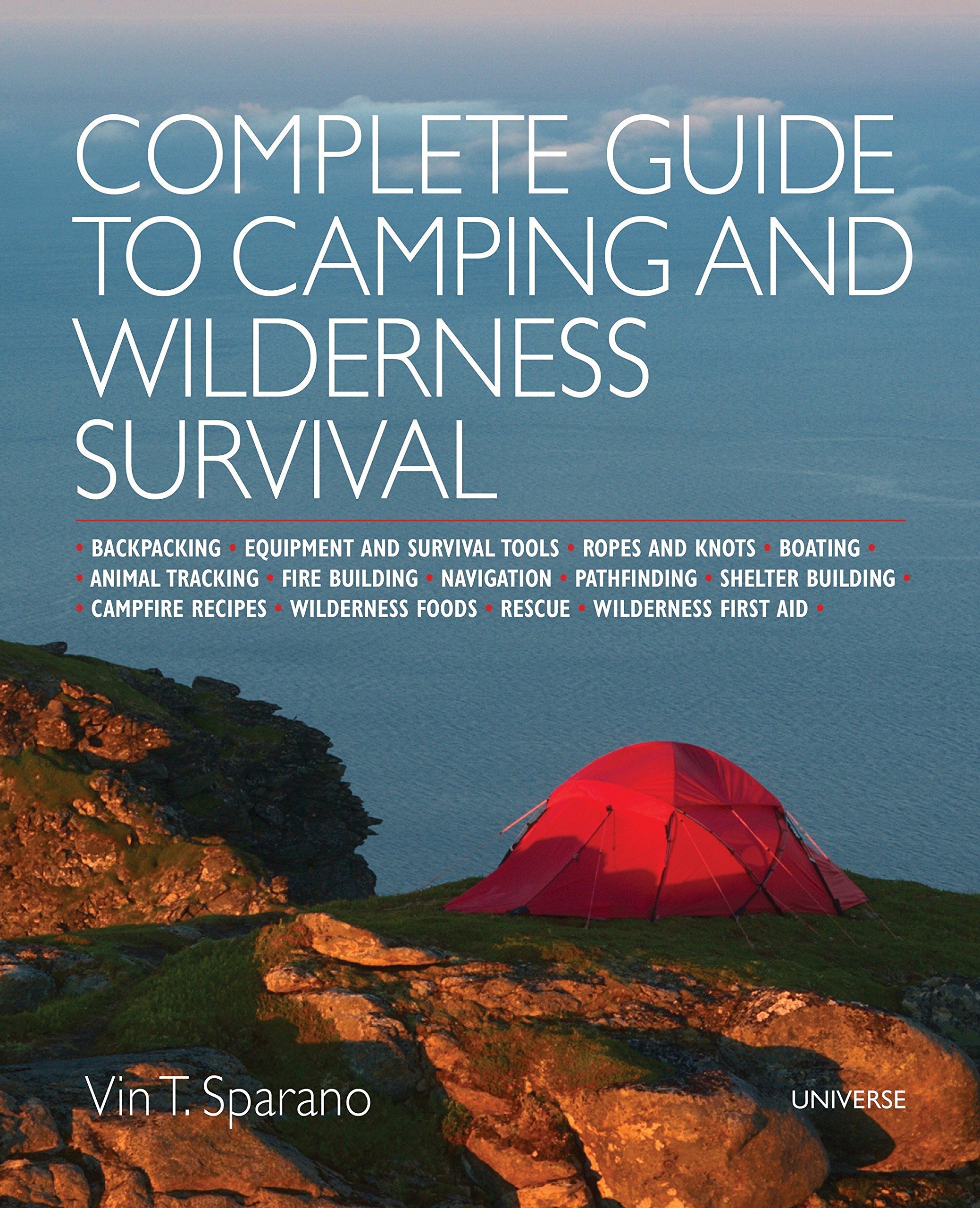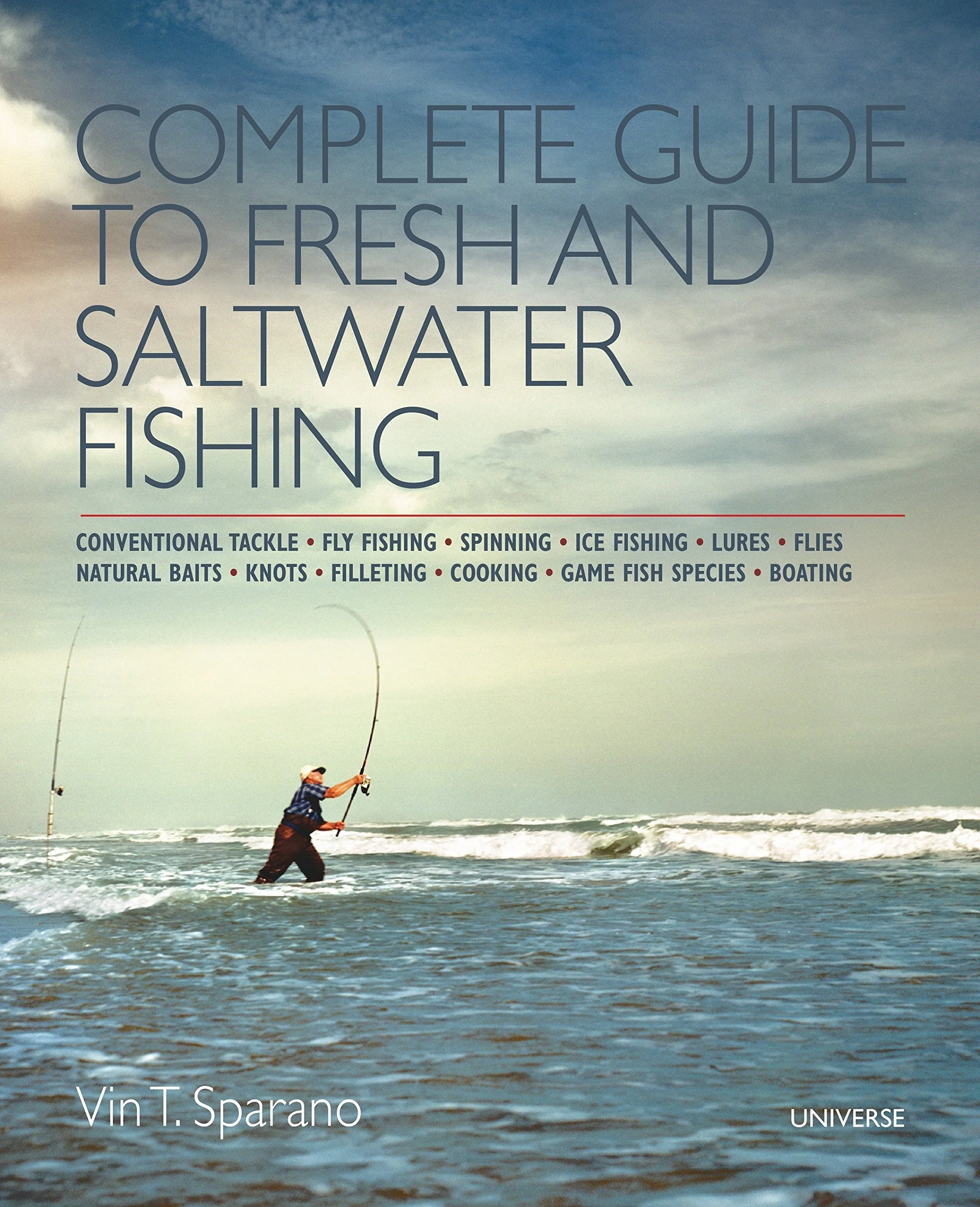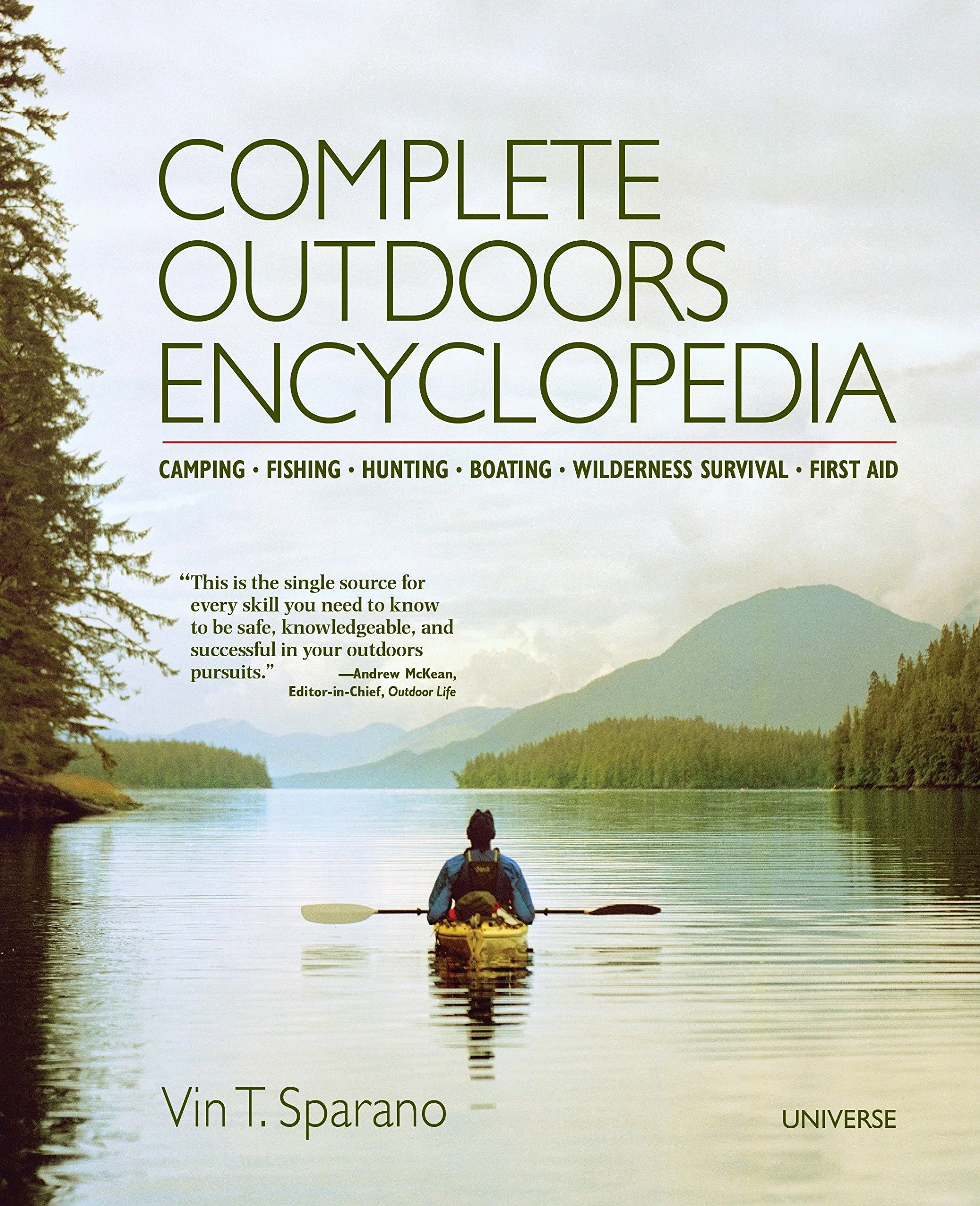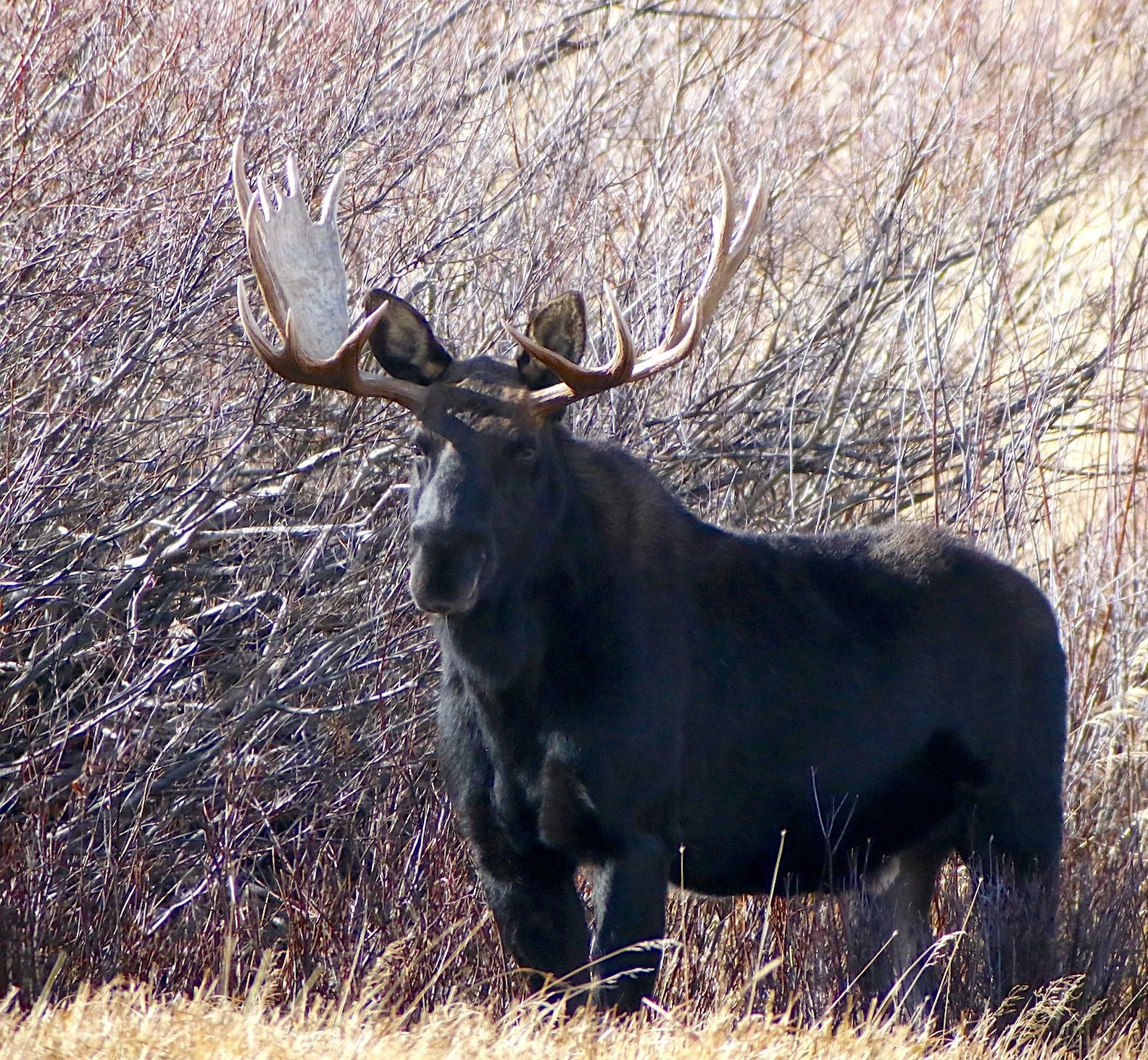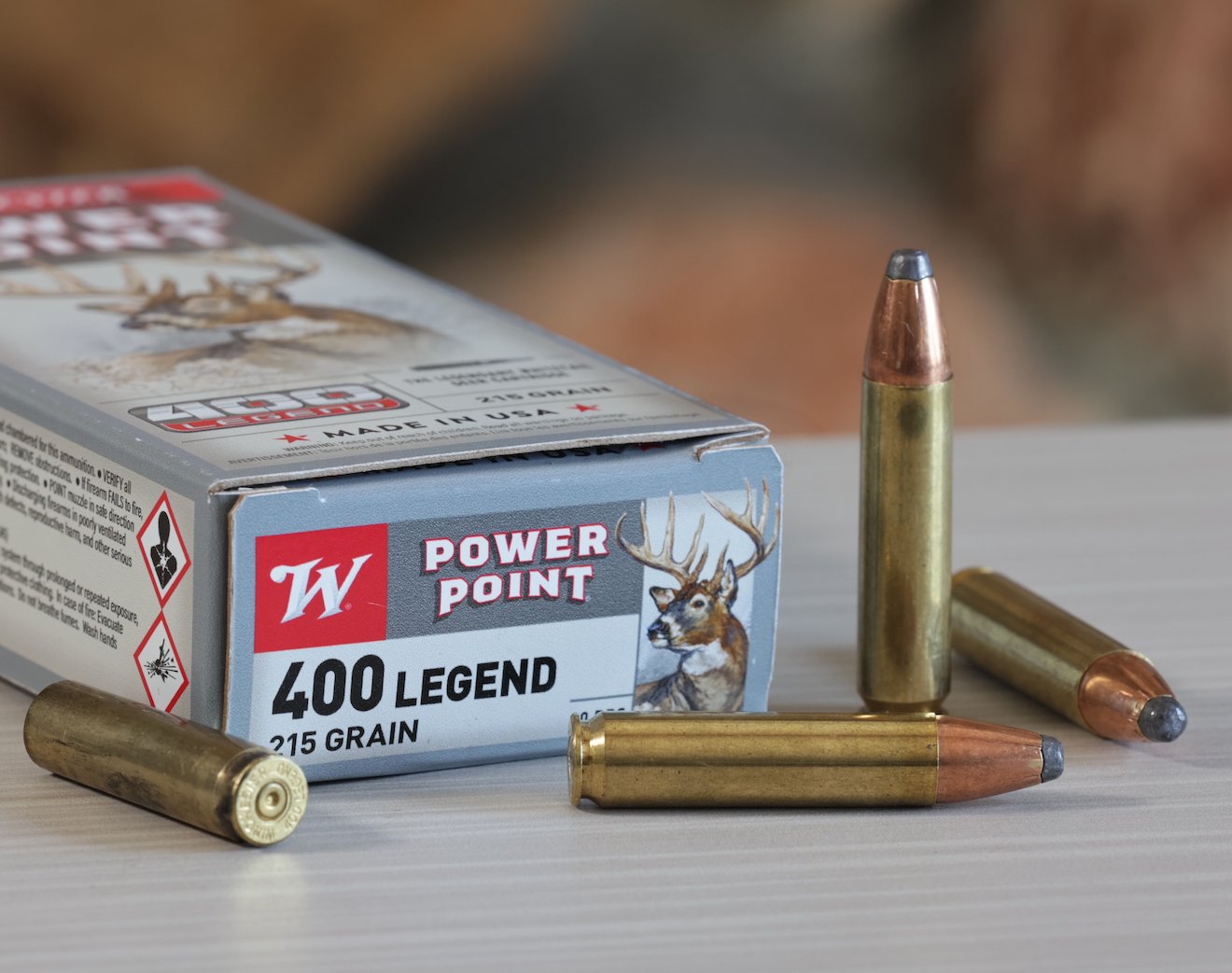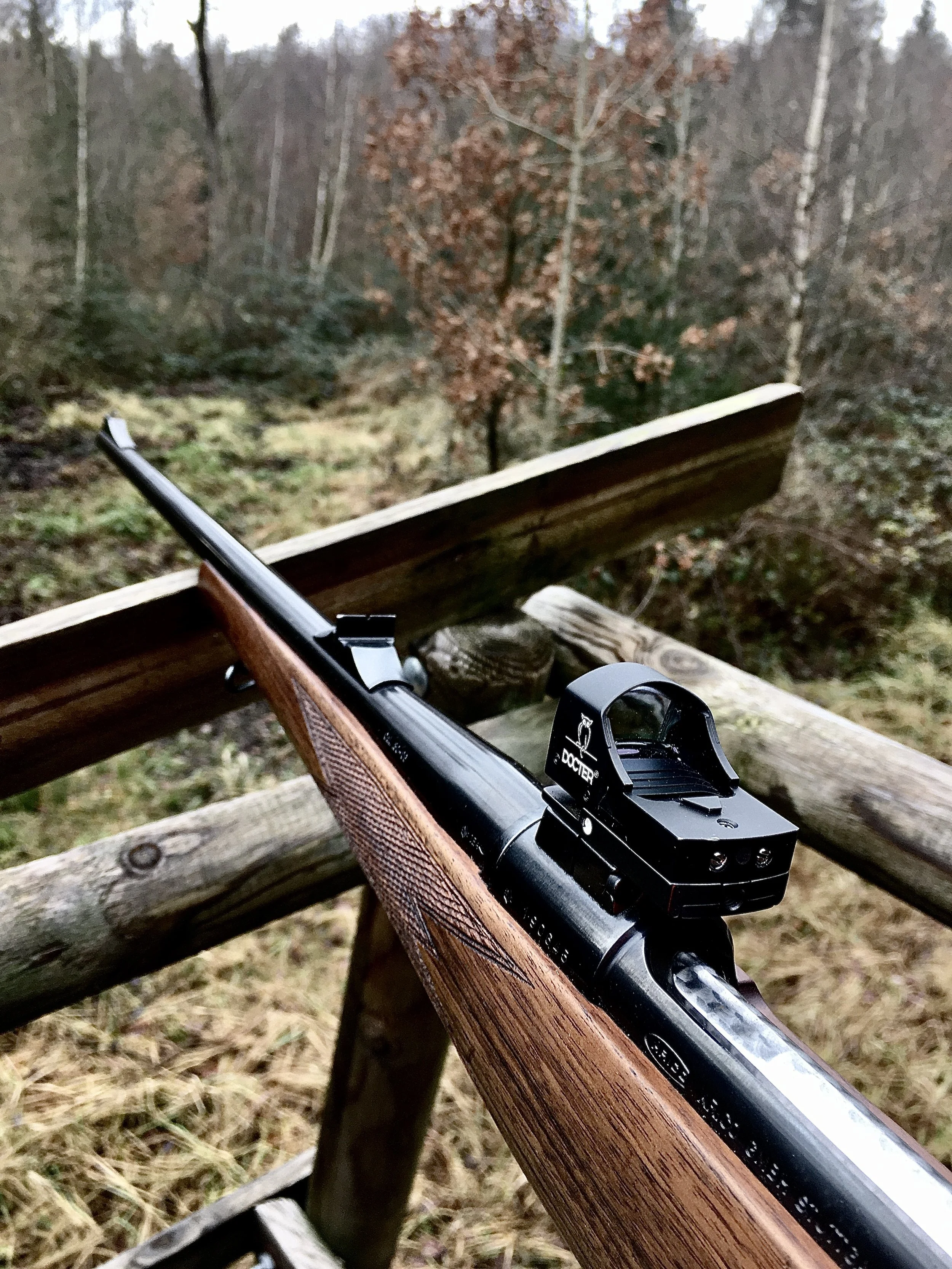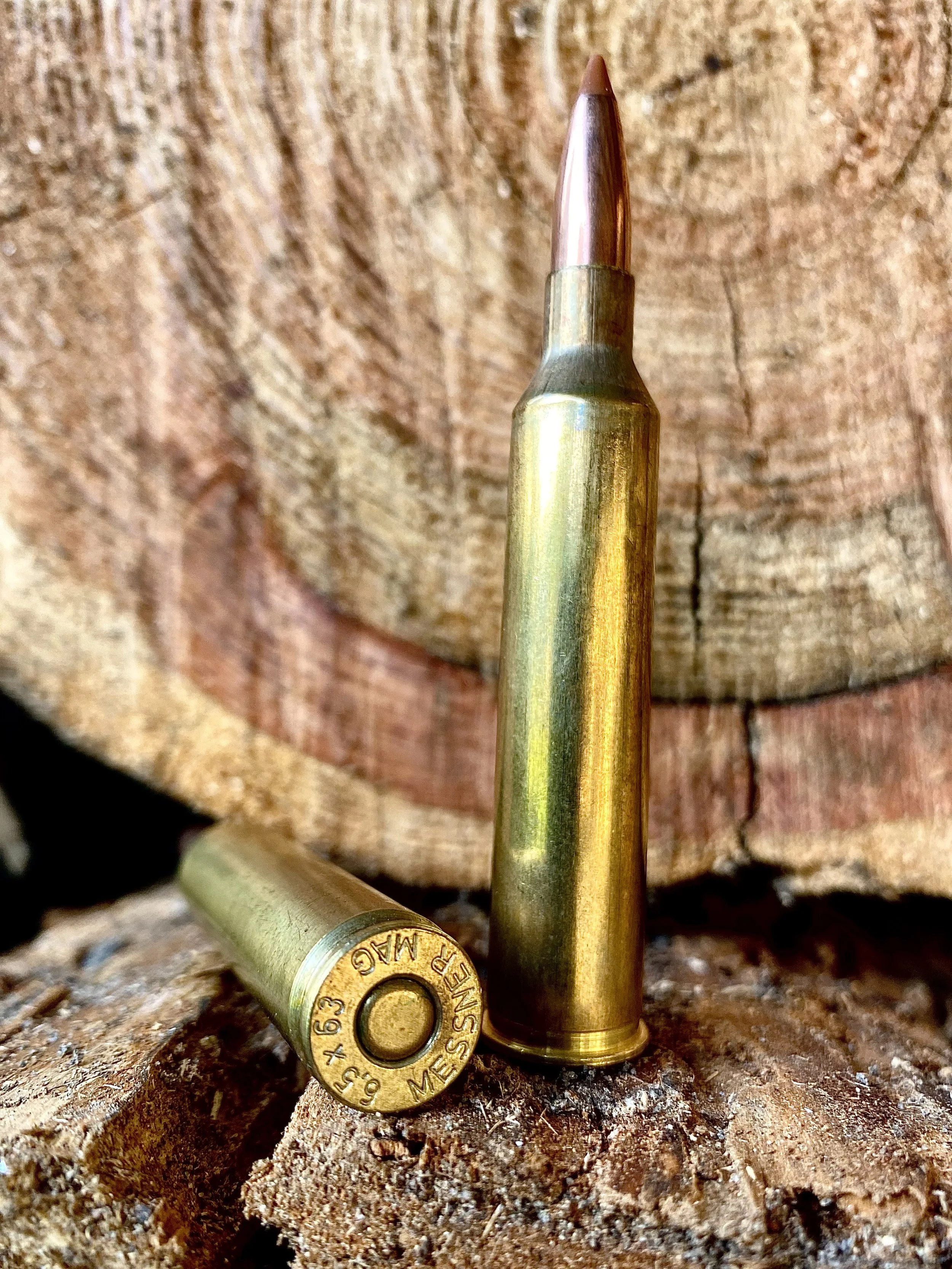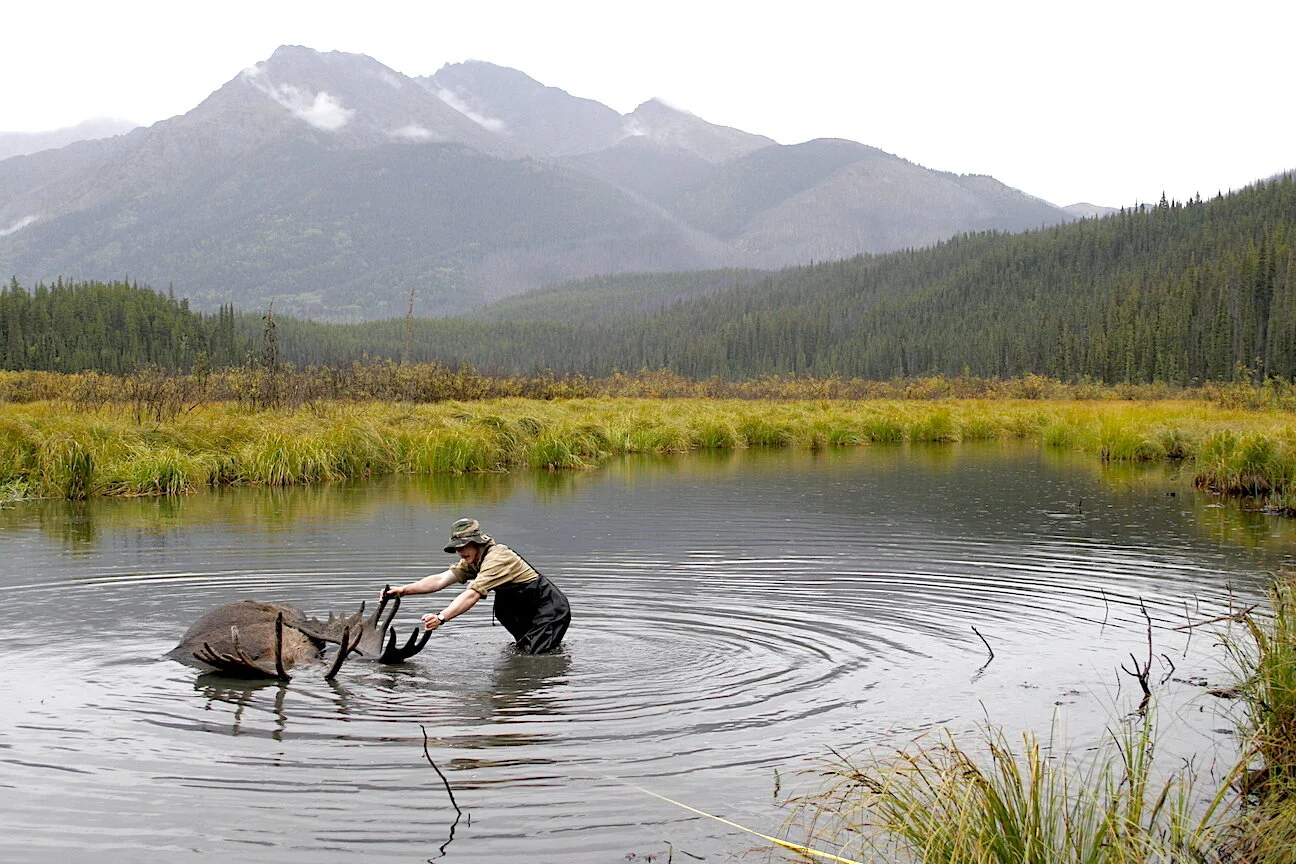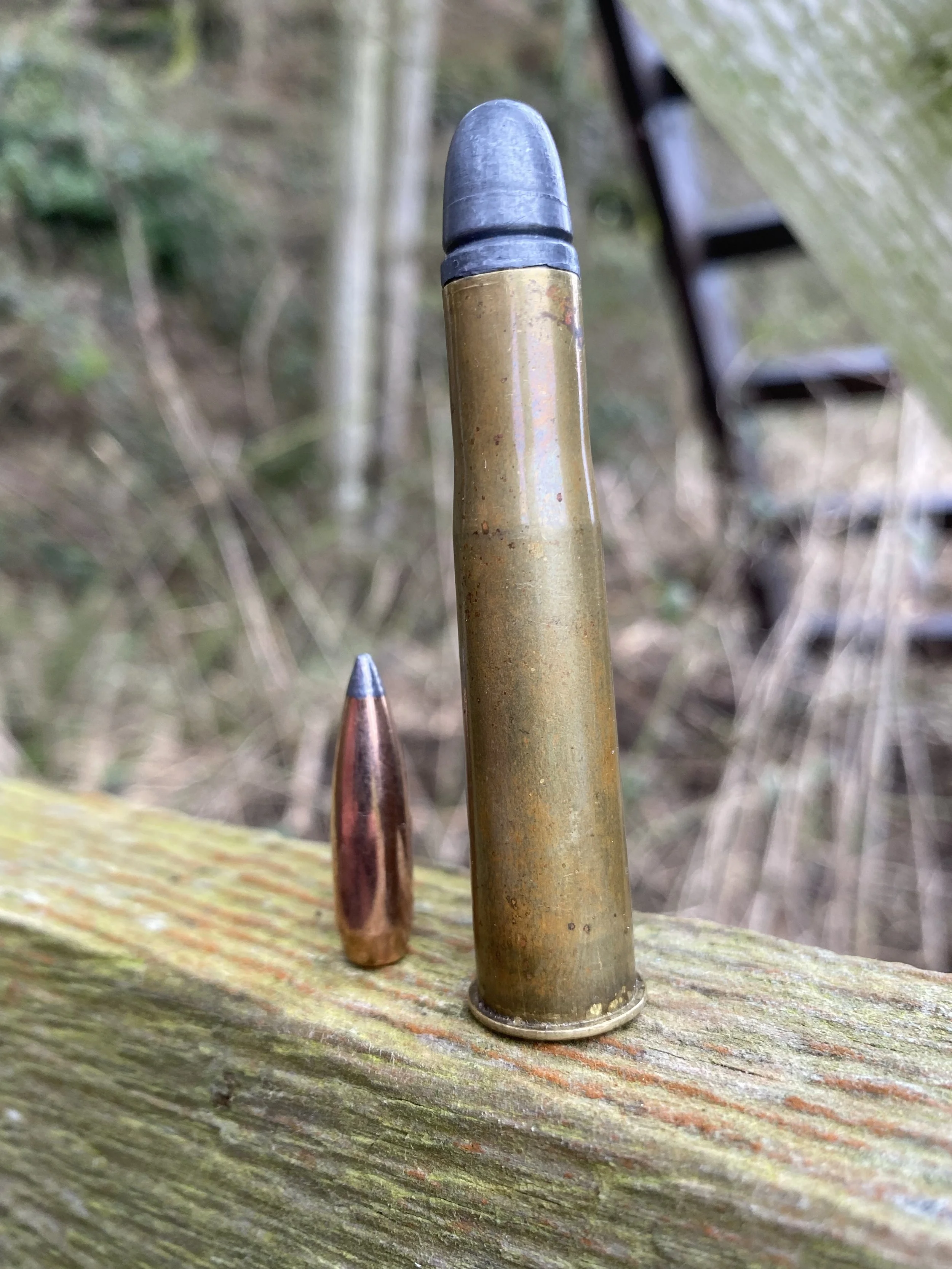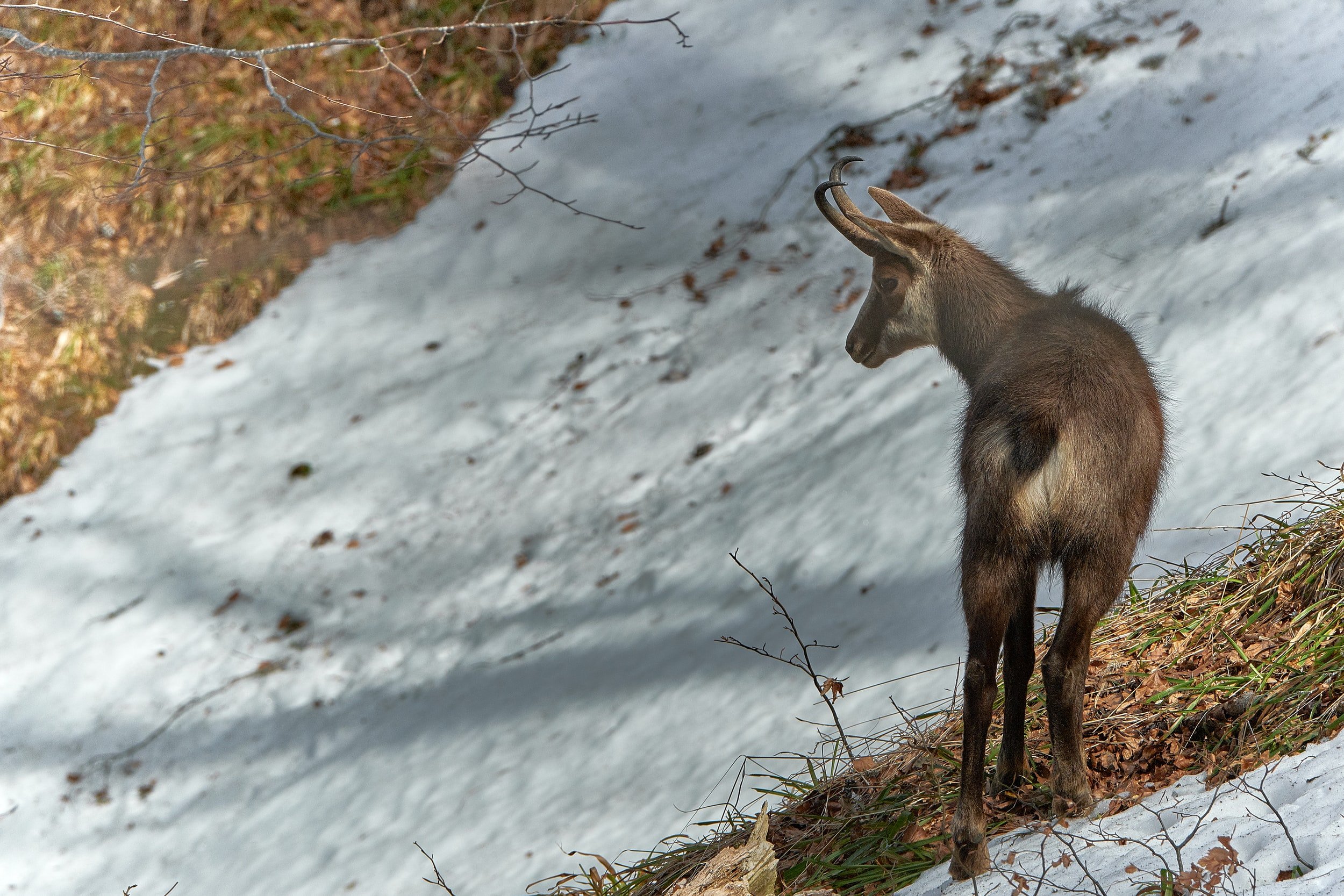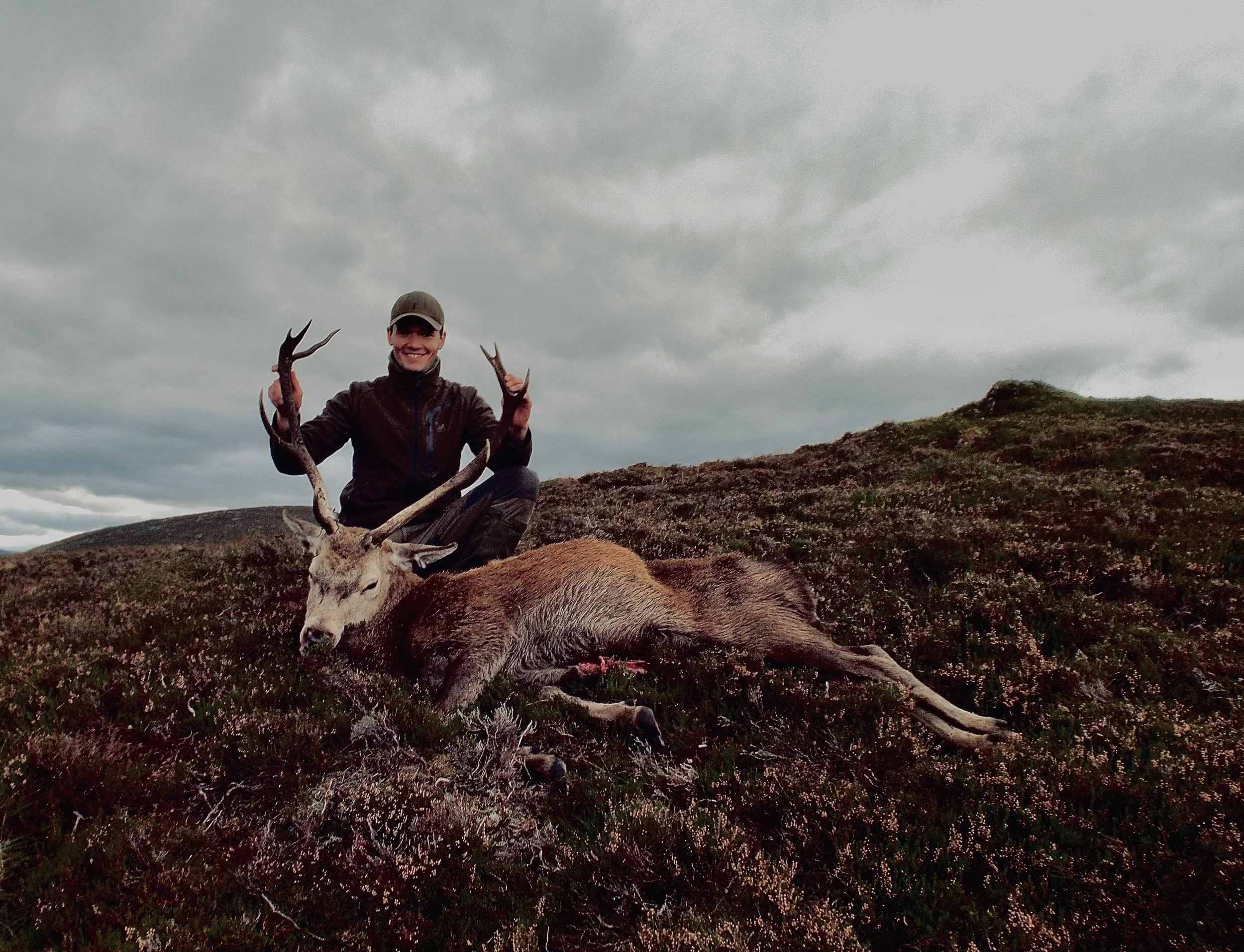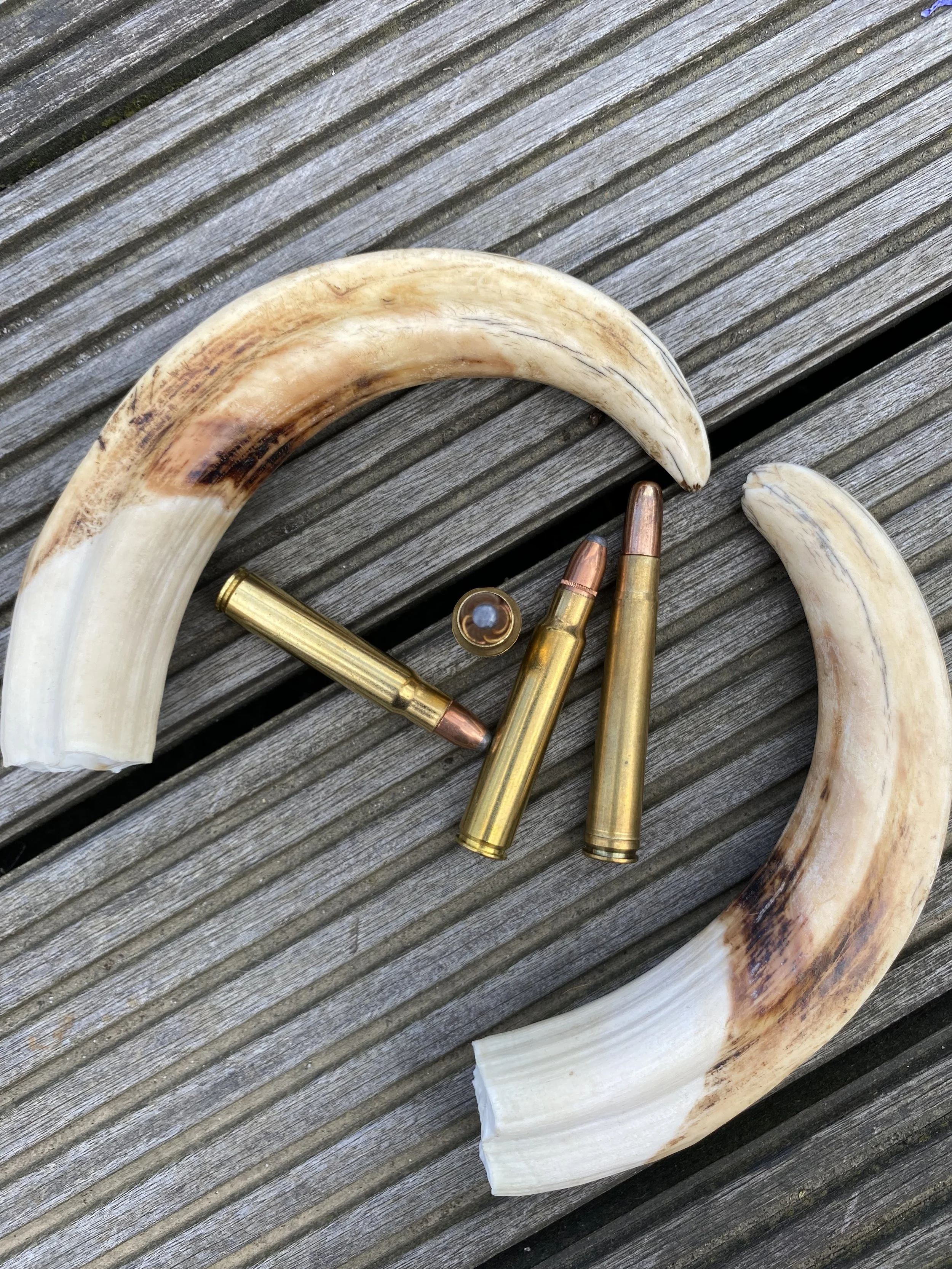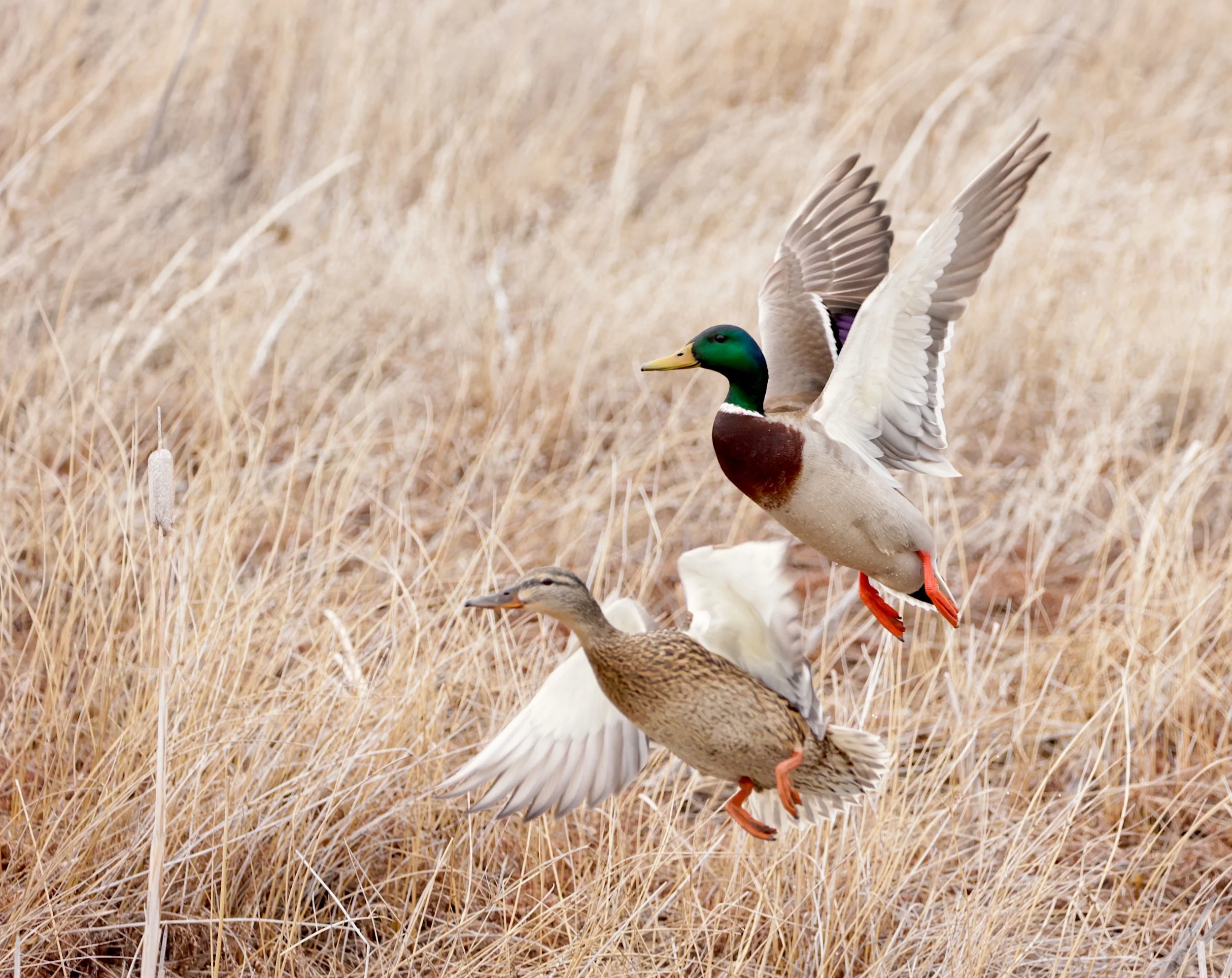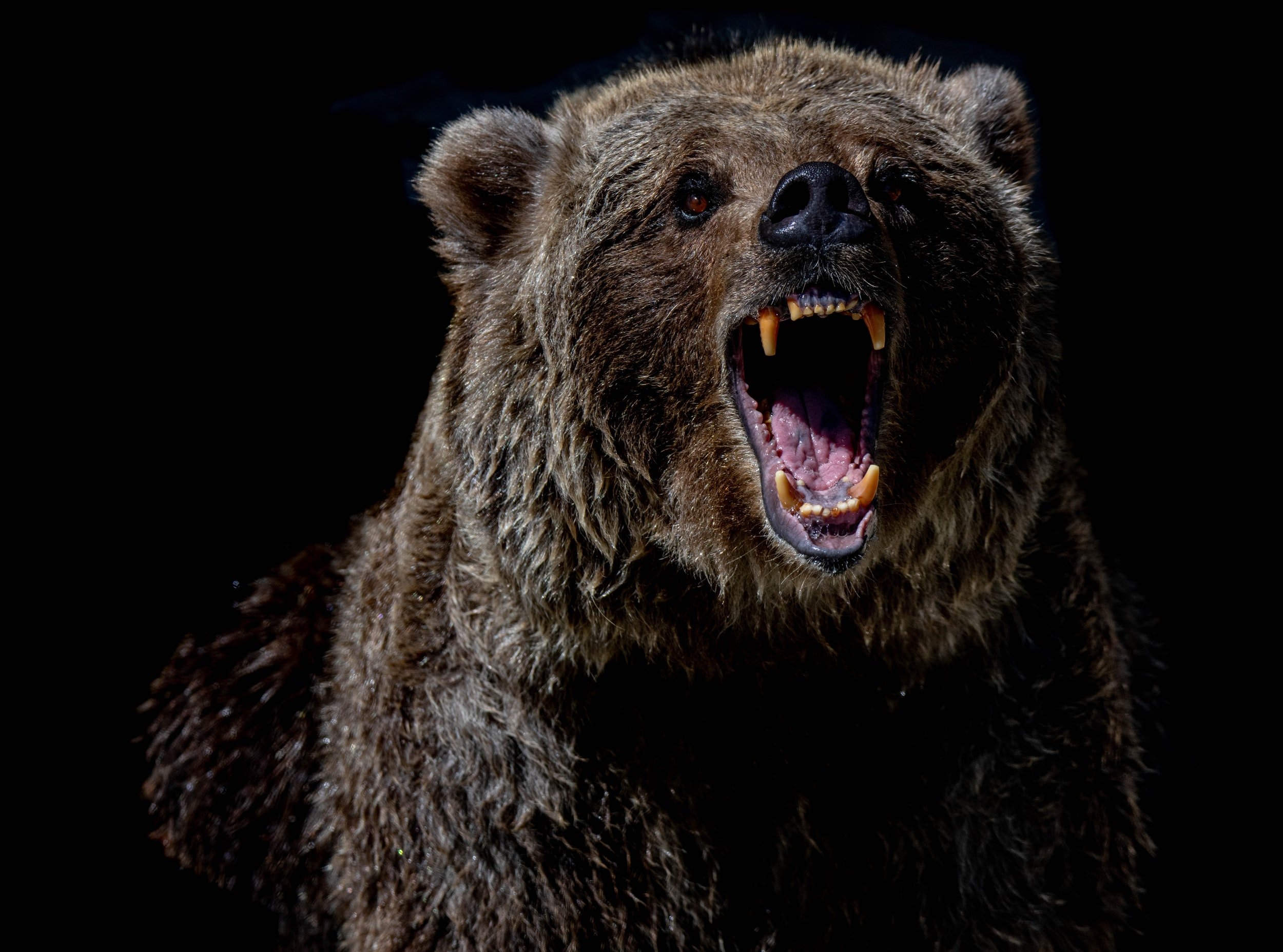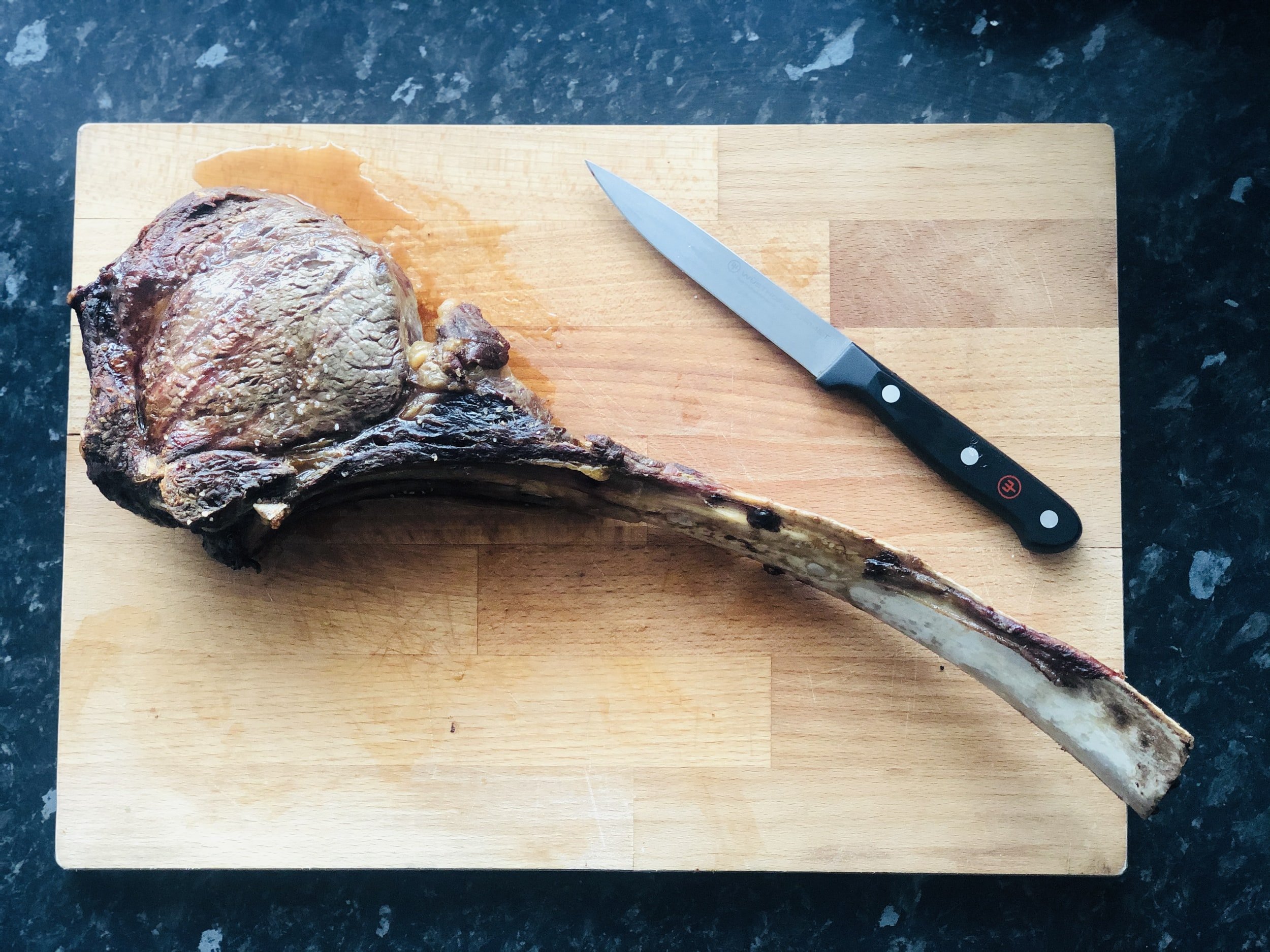To Catch A Trout
It’s been a long cold winter, but it’s almost over, and it’s time to start thinking about trout fishing. I love trout fishing with flies, but if history repeats itself and you want to take home a limit of trout, you might have to change your tactics. In all probability, your favorite stream will be high, fast, and muddy.
Trout Fishing with Salmon Eggs
Your best bet is light spinning gear and baits for most anglers, and the best opening day baits are worms and salmon eggs. Artificial salmon eggs are more durable and will stay on the hook better if you use those baitholder hooks with sliced barbs on the shank. If you prefer to use real salmon eggs, which can get mushy, soak them in salt water the night before opening day, and they will toughen up. I put at least two salmon eggs on my hook and do my best to keep them bouncing on the bottom in the current. If the water moves fast, pinch a couple of split shots about a foot above the eggs to keep them on the bottom. You may lose a few rigs, but that’s where the trout will be looking for food.
Trout Fishing with Worms
If I had one choice of bait for early-season trout fishing, it would be worms. They are easier to fish than salmon eggs and better bait for trout. Hook the worms once through the girdle and drift them on the bottom as close as you can along those undercut banks or in the pockets of eddies trout will hang in those eddies and banks, waiting for an easy meal to drift by. Cast upstream and let the worm drift along the bottom past you. Trout will be looking for food that has been washed into the stream and carried away in the current. If the water is muddy, visibility may be a problem, and your bait may need some help. If this happens, fish your bait on a brass or copper spinner. Mepps-style spinners work great. Spinner blades will make your bait more visible.
Fishing Bait on a Fly Rod
Fly fishing purists will probably disagree with me, and I know I suggested spinning gear for opening day, but I also like the feel of fishing bait on a fly rod. You may be limited to roll casts and line mending your bait, but I find that catching trout on a fly rod is more fun than spinning tackle. You won’t need a tippet any heavier than 4 or 6 pound-test for most conditions.
I’m reminded that President Jimmy Carter agrees with me. As Outdoor Life editor some decades ago, we decided to give a fly rod to President Jimmy Carter. It was a beautiful Orvis split-bamboo fly rod. When we bestowed this one-of-kind custom monogrammed fly rod to President Carter, he replied, “Thanks. This is a perfect rod for live fishing crickets for crappies.” I smiled and agreed. He lost the next election.
Using Minnows To Catch Trout
Small minnows will also catch trout on opening day, but it’s sometimes a problem carrying live minnows when wading a stream unless you don’t mind dragging along floating bait can. If you are fishing a stream, hook the minnow through the lips so that they will look natural in the current. Hook the minnow behind the dorsal fin if you’re fishing a lake or pond.
Fishing for Hatchery Trout
Of course, you can also cheat when fishing for hatchery trout. Most hatcheries feed trout liver-flavored pellets. I have visited a few hatcheries. Toss a handful of these pellets into the water, and trout will come to the surface in a boil that would make a bluefish blitz look like a ripple. I’ve used a slab of beef liver from a supermarket with success. Still-fishing with small pieces of liver, and you will probably limit out. Not very sophisticated, but it will put trout in the skillet.
This is good advice for bait fishermen, but if you insist on fly fishing opening day with flies, the Woolly Bugger, the Muddler Minnow, or Zonker on a sinking line would be your best choice. If the water moves too fast, you can cheat with a pinch of split shot a foot in front of your fly. With a fly, you should concentrate on the slower-moving pockets of water.
If you want those your trout to reach home in good shape for the skillet, make sure you keep them in a wicker creel lined with wet ferns, grass, or newspapers. A creel will keep fish reasonably cool on the hottest days. Canvas creels will also work. You should also occasionally dip the entire creel in a stream. Wetting it thoroughly will keep the fish inside in good shape.
How To Field Dress A Trout
Always field dress your trout stream-side before heading home. Make sure you also remove the gills. Field dressing a trout can be done in less than a minute on most stream-size trout.
Step 1: With the fish belly up, make a cut from anal opening to the gills.
Step 2: Make two cuts at the gills, one below and one above the gills where they form a V.
Step 3: Next, stick a finger into the gullet as shown and begin to pull downward. The gills and the entrails should come out easily.
Step 4: With the entrails out, run your thumbnail along the backbone to break and clean out the blood sac. Wash the fish. Once is enough—the less water coming into direct contact with the meat, the firmer the flesh will be when you eat it.
Trout Recipe
There are lots of recipes for trout, but my favorite is simple:
Salt and pepper your trout inside and out, and put some butter and lemon wedges in the body cavity before frying.
Using a nonstick skillet, pan-fry your trout in hot frothy garlic butter and olive oil.
Finish up with lemon juice and parsley.
Important: Don’t overcook. Two minutes on each side should do it.
Check Out Vin T. Sparano’s Books


